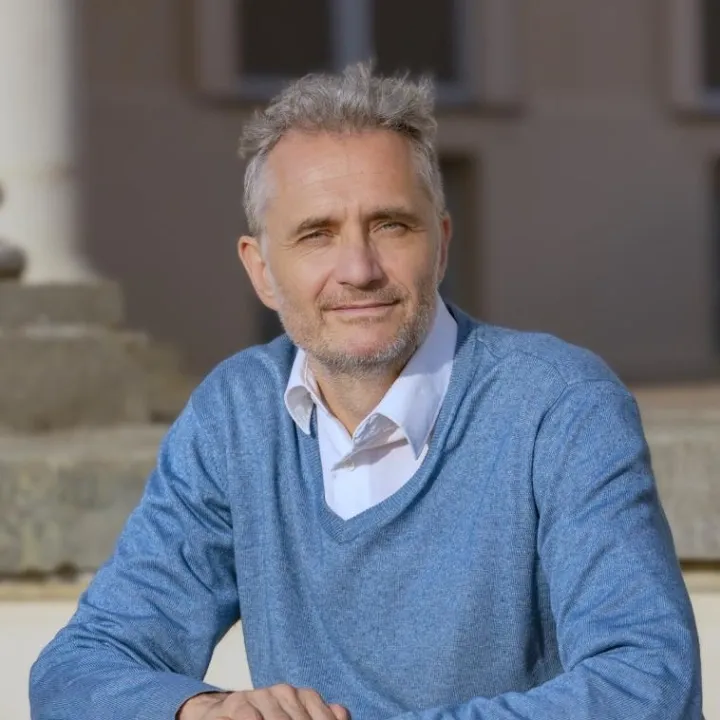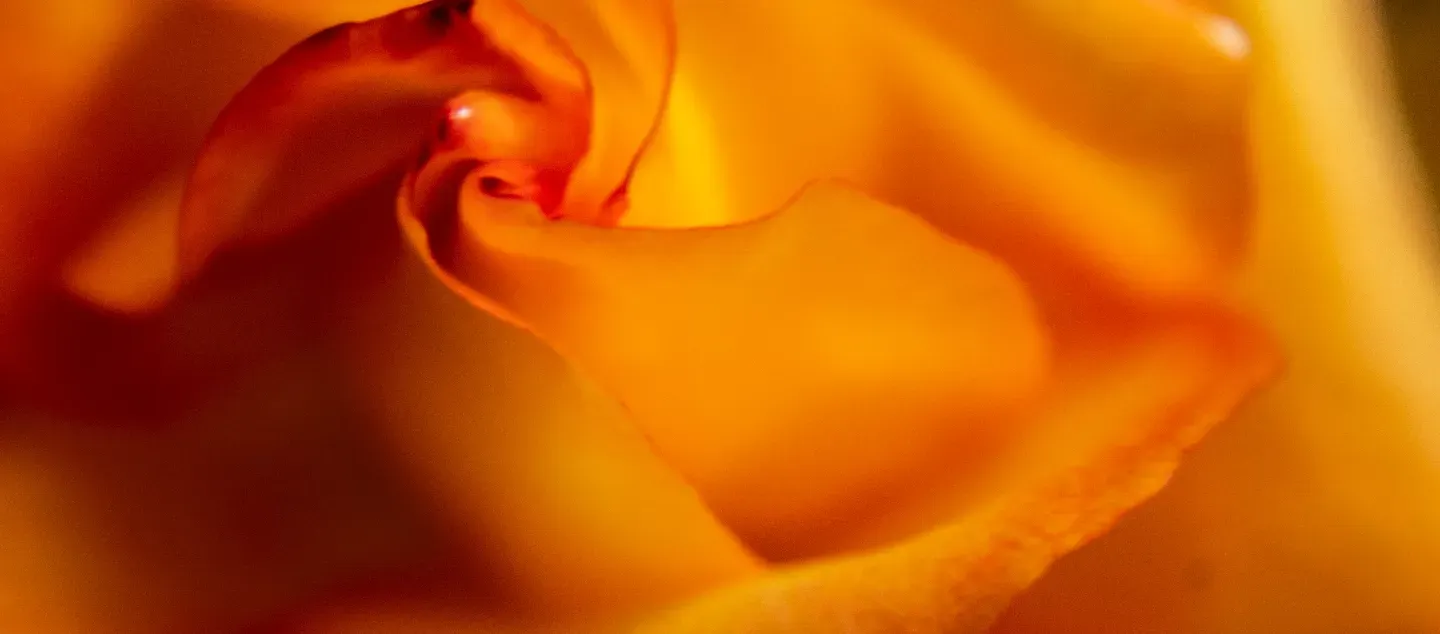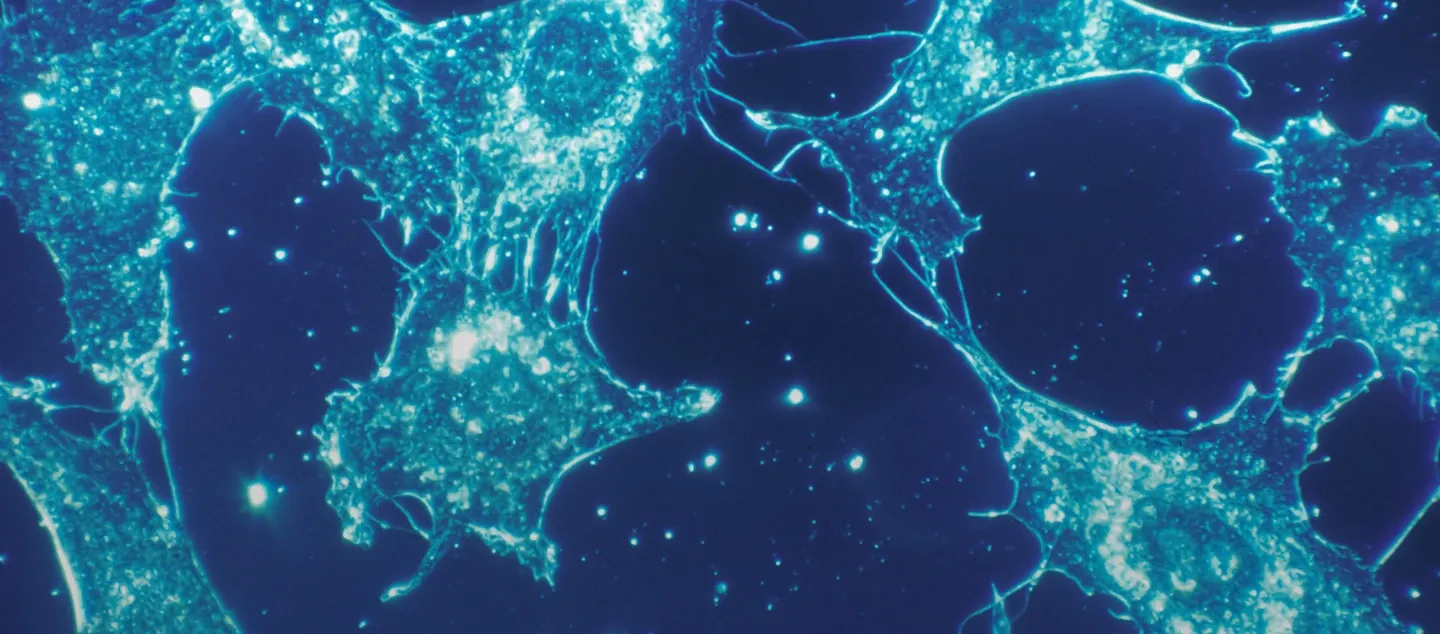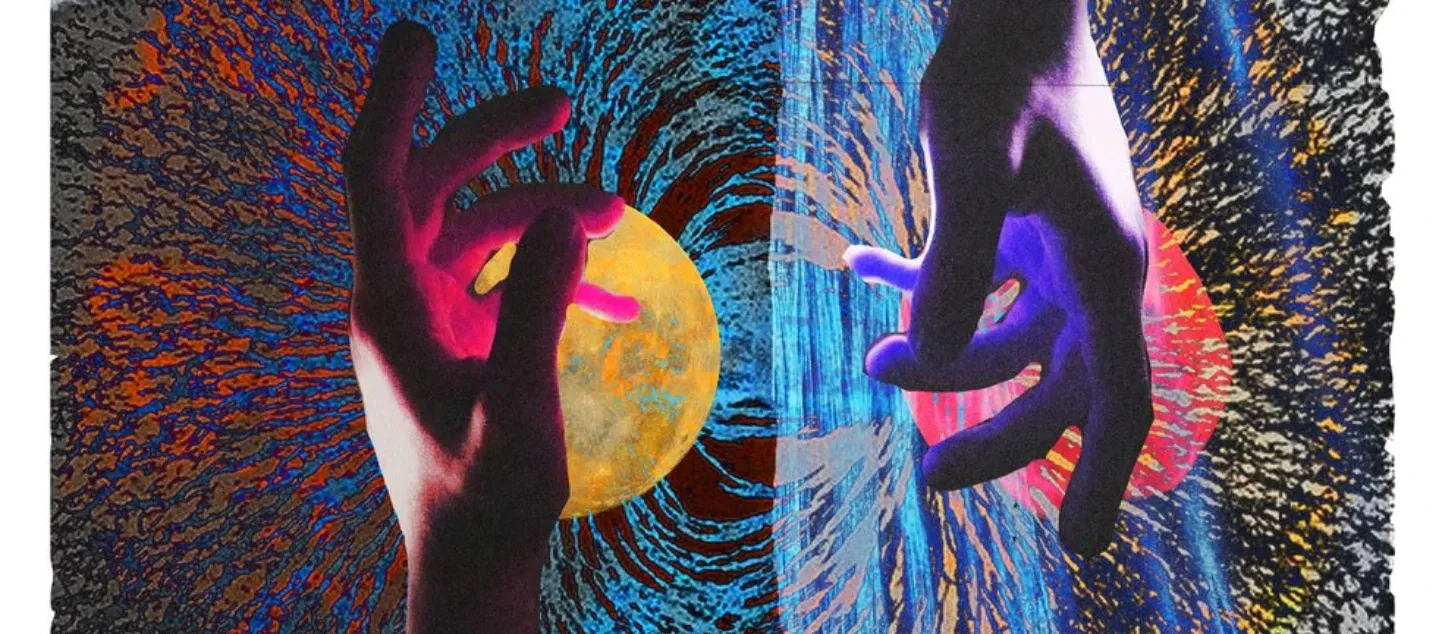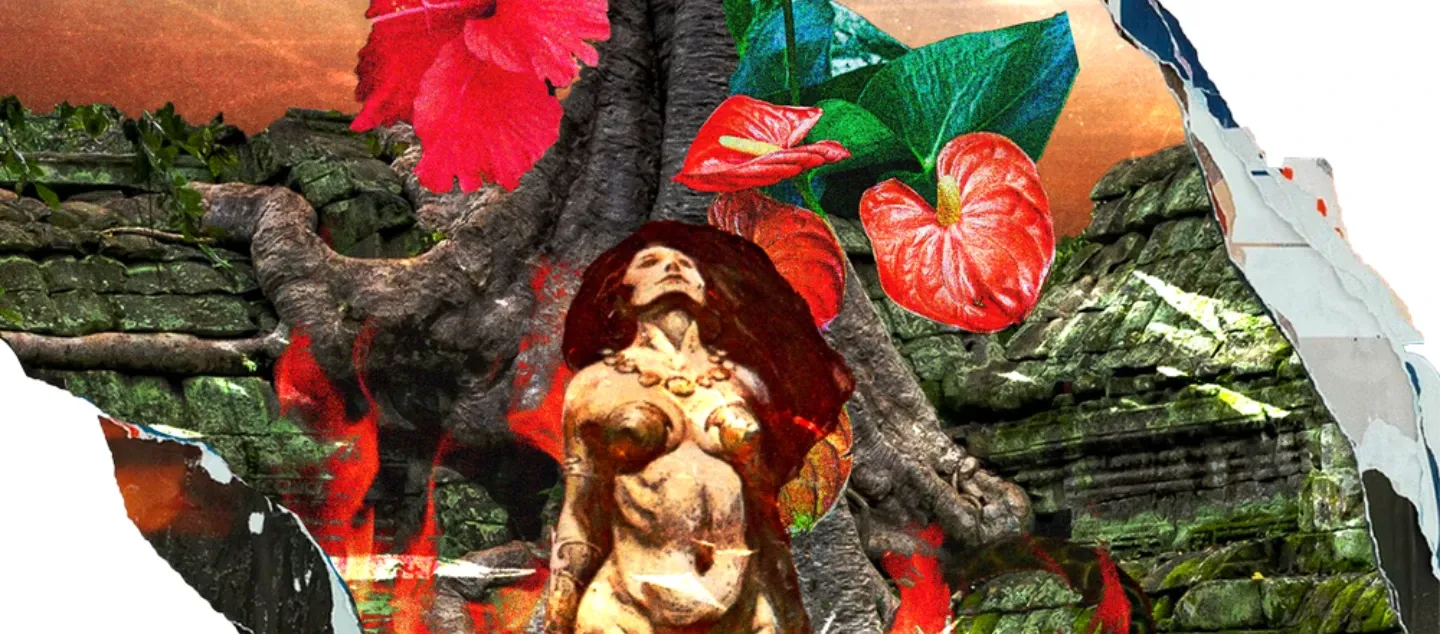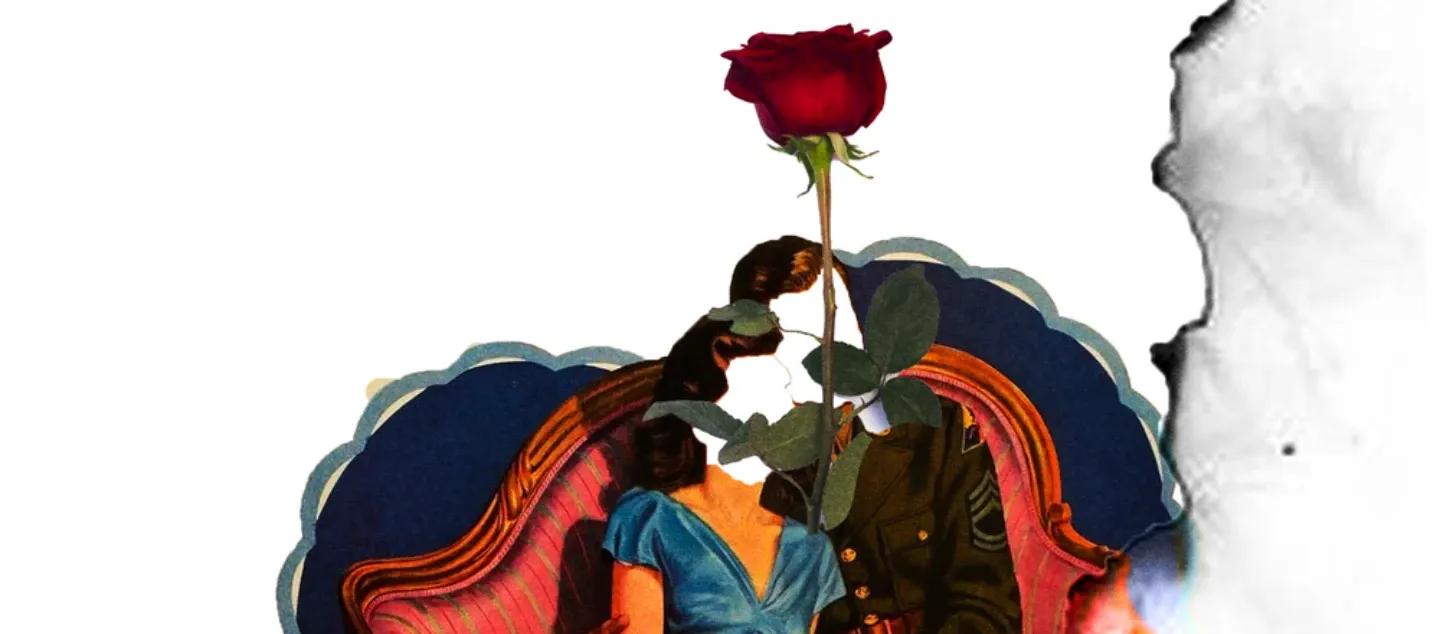Ecology of LoveExperience the newly revitalized Ecology of Love course, now enriched with immersive visual and textural elements for a truly holistic and embodied learning journey.
Dive into the radical power of love and compassion in ecological systems, revealing how interconnectedness and relational ecology shape the world around us.
taught by Dr Andreas Weber
From birth, humans are naturally curious, drawn to explore and connect. This attraction extends to all matter, like hydrogen and oxygen forming life, and the Earth’s relationship with the Moon. Life is interconnected, revealing a loving force throughout the universe.
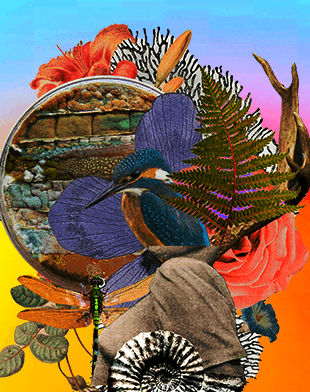
Chapter 1
An Introduction to the Forces at Play

Chapter 2
Reimagining Matter and Embracing Eros

Chapter 3
A Meditation to Honour the Waters Within

Chapter 4
Q&A: Cultivating Space for Wonder and Curiosity
We feel attraction through our bodies, drawn to connect with others. Western culture's rational view ignores this erotic connection. Eros, a universal force of life, goes beyond sexuality and is embodied in ecosystems, where life feeds life.

Chapter 1
Edible Exchange and the Circle of the Gift

Chapter 2
Finding Meaning in the Poetic Space

Chapter 3
A Meditation for the Heart Chakra

Chapter 4
Q&A: Exploring Life giving Entanglements
True bliss comes from being ourselves while allowing others to do the same. This contrasts with Western views of love, which often leave people empty. True love is an ongoing, mutual practice rooted in compassion and ecological love, giving and receiving life.

Chapter 1
Lessons from Eros

Chapter 2
Surrendering into the Act

Chapter 3
A Meditation on the Profound Gift of Aliveness

Chapter 4
Q&A: Romantic Mythologies: Learning to Love Again
Eros is the desire for change and self-transformation through relationships. Identity is constantly unfolding, shaped by connections. Every body, made of symbiotic relationships, evolves. Life is about embracing growth and change through deep, relational connections.
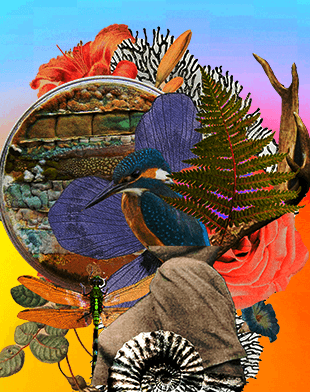
Chapter 1
The Shifting Sands of Cultural Truths

Chapter 2
Fluid Identities

Chapter 3
Meeting the Stranger Within

Chapter 4
Meditation to Roam our Flesh

Chapter 5
Q&A: Queer Ecology
Eros involves transformation, requiring acceptance of death as part of life’s flow. Death isn’t violence but a necessity for life to continue, as we shed our form and give life to others. Life and death are intertwined, and to live fully, we must become edible.
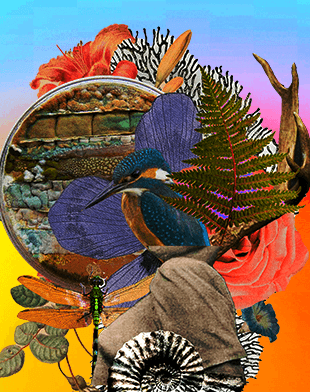
Chapter 1
Falling Into the Hands of Death

Chapter 2
Embracing Death as Gift

Chapter 3
On Inmortality: Love as Antidote

Chapter 4
Meditation on Dissolution

Chapter 5
Q&A on Death
Life is erotic because it desires connection and transformation through others. The cosmos is filled with this longing to relate, and matter is its vehicle. Through the erotic, we experience a pulsating, interconnected universe, where our aliveness mirrors the core energy of reality.
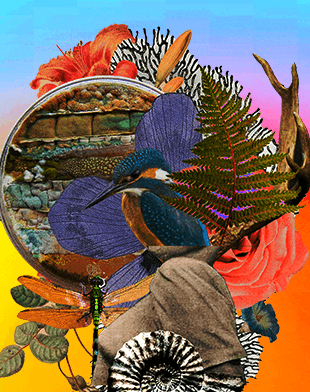
Chapter 1
On the Intangibility of Love

Chapter 2
Touching the Center

Chapter 3
On Giving

Chapter 4
Meditation Surrendering to the Life Within

Chapter 5
Q&A: Towards an Ecology of Love
Ecosystems are love stories. Our most profound ways to relate and to feel, to exchange and to be touched, are ecological forms of gifting life, of loving. When we rediscover ecology as a vibrant love story, we can unlearn the violent habits of our civilisation. Over six weeks we’ll explore this story with biophilosopher, writer, and marine biologist Dr Andreas Weber, diving deep into a world of mutual belonging.
Andreas will unravel separatist myths and reweave the beauty of biology back into the fabric of ecological wisdom, inquiring into a diverse ecosystem of themes such as erotic ecology, animism, queer ecology, death, enlivenment and more. Supported by a background in marine biology, cultural studies and philosophy, Andreas will help us integrate science, mysticism and environmental thinking so that we can perceive the world anew through an ‘ecology of love’, an ecology which understands systems of living relationships as bearing both the practical and spiritual principles of a living cosmos.
- 6 Modules
- 12 Sessions
- 1 Teacher
- Curated readings, resources and embodied practices
- Community discussion area
- Develop your understanding of the role of love, eros and death within ecology
- Better understand the role of matter within a cosmology of desire
- Widen your perspective regarding the extent of relational entanglements within the world
- Expand your notion of the ‘other’ by exploring its relation to self and world
- Gather knowledge, tools and practices for deepening a multitude of relationships in your own life
- Broaden your knowledge of useful terms and concepts and be part of questioning what a new ecologically intregrous language might look like (or a language towards flourishing for all)
- Move beyond Western, dualistic, and binary notions of love that dictate that romantic love is the ultimate acquisition/achievement, and work towards a more democratic, pluralistic practice of love
- Better understand how to love as both a practice and as a form of relating with ecological integrity
- Question the role of meaning within the cosmos
